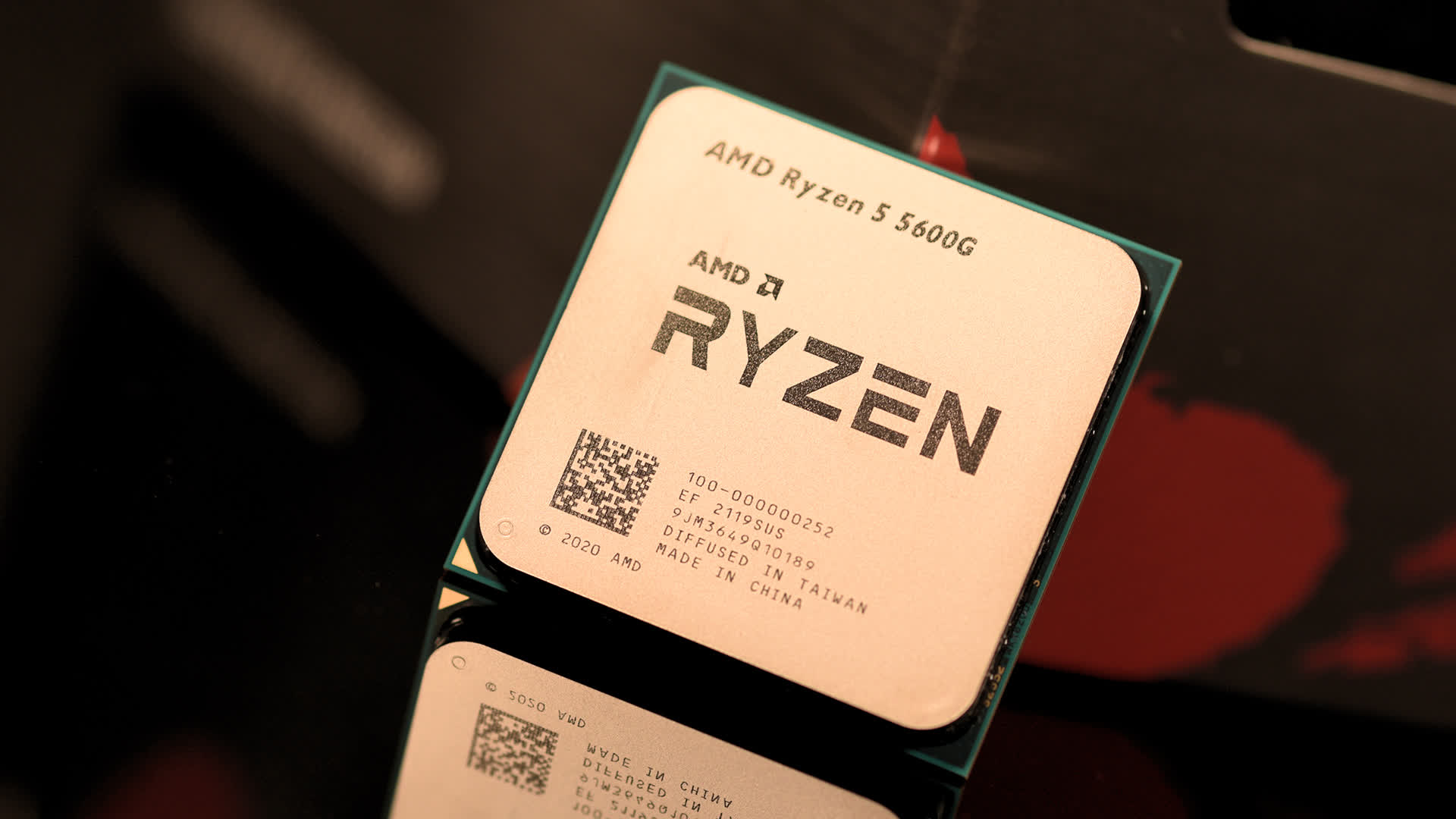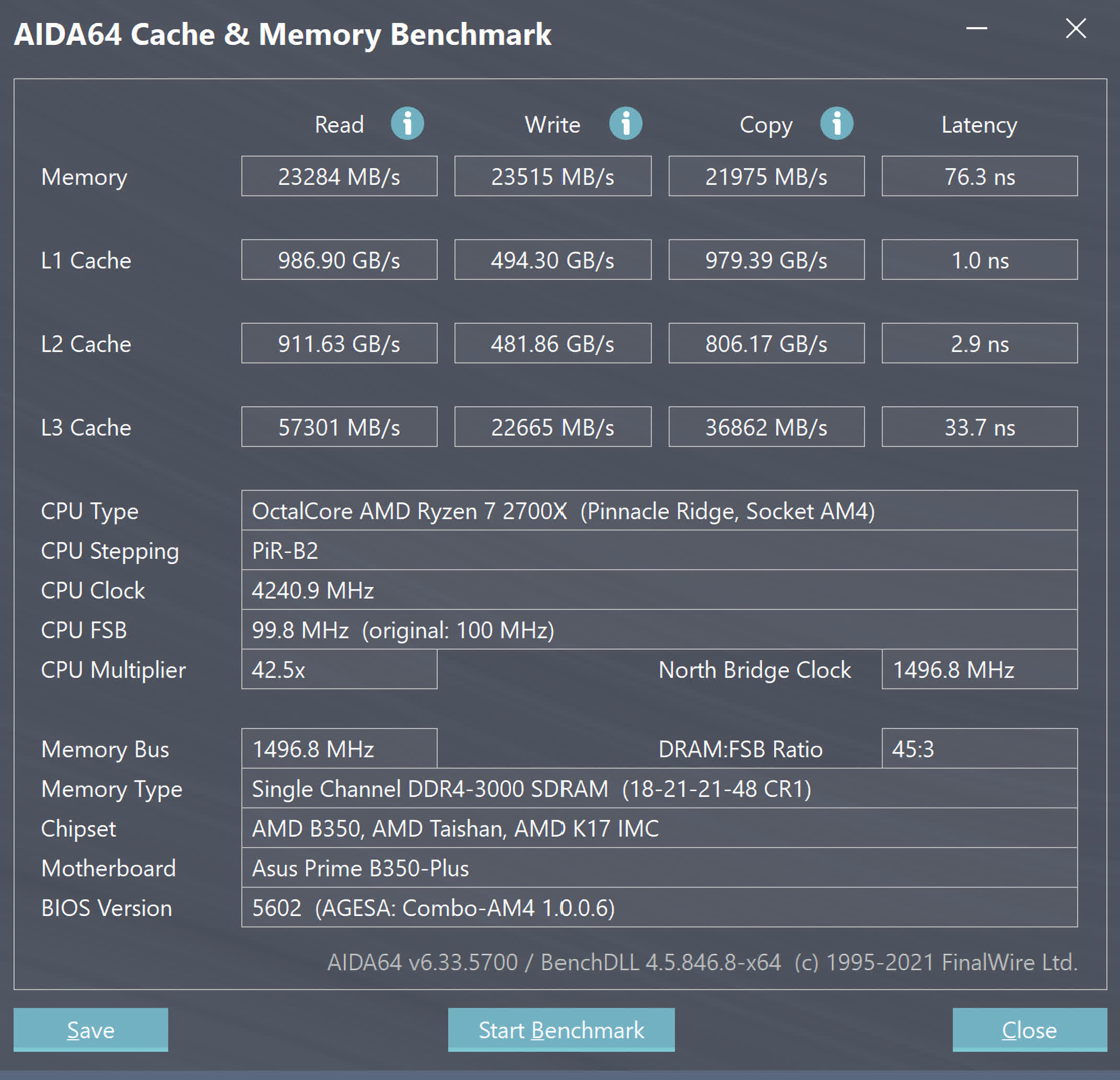A hot potato: With Intel’s Alder Lake dropping in the coming weeks, Microsoft may have spent too much time optimizing Windows 11 for hybrid CPU architectures that combine performance and efficiency cores. This led to poor optimization for AMD CPUs on the release build, which seems to be getting worse with every update. Thankfully, the fixes are scheduled to go out in a week.

Yesterday, Microsoft released the first Patch Tuesday update for Windows 11, which brought a number of fixes to the new operating system. Most notably, it solved compatibility issues between certain Intel “Killer” and “SmartByte” networking software and Windows 11, where users would see connection drops and slow network speeds.
The company said in the release notes that there weren’t any known issues with this update, but it didn’t take long for someone to find one based on the extensive feedback that can be found on the Feedback Hub and the known issues present in the release build of Windows 11. It turns out that Microsoft managed to make the performance issues recently observed on Ryzen CPUs even worse, just as AMD is readying a fix for one of them.
To put things in context, the release build of Windows 11 slows down AMD CPUs by up to 15 percent in some workloads such as eSports games and single-threaded applications. The folks over at TechPowerUP were curious enough to fire up the AIDA64 Cache & Memory Benchmark and see if anything has improved after this first update. What they found was that the L3 cache latency of the Ryzen 7 2700X CPU, which is around 10-11 ns on Windows 10, had increased to 17 ns on the release build of Windows 11 and currently sits at around 32-34 ns after the first monthly patch.

We were able to confirm these results on a machine equipped with the same CPU model. AMD and Microsoft both said patches for this issue as well as a CPPC (preferred core) bug are coming later this month, and after some digging, it looks like they’ll land on October 19 and October 21, respectively.
If you've just upgraded to Windows 11 on an AMD-based PC, you should know that you have up to 10 days to roll back to Windows 10 if you experience performance issues. To do so, go to Settings -> System -> Recovery. You should see a "Go Back" button, which can be used to start the downgrade process. You may also want to check out our guide on how to disable VBS in Windows 11 for a performance boost.
https://www.techspot.com/news/91728-first-windows-11-patch-tuesday-slows-down-amd.html